
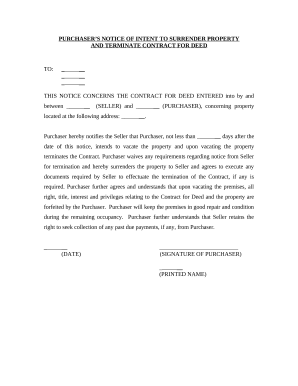
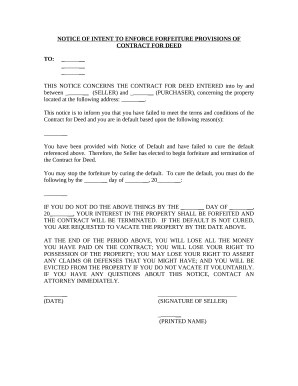
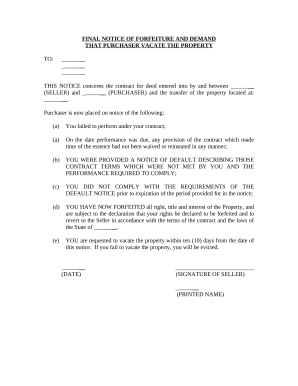
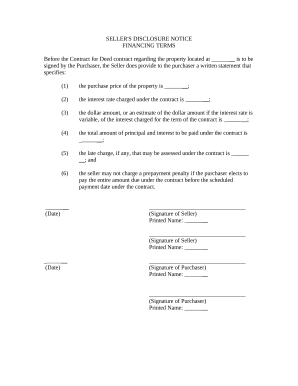
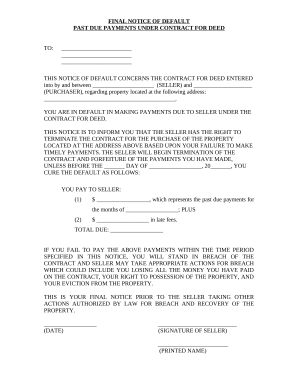
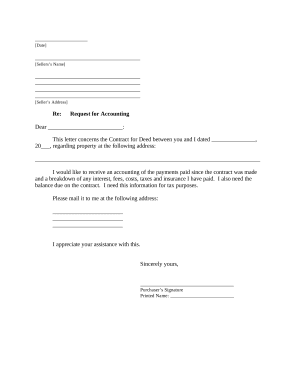
Accelerate your form administration with our US Contract for Deed Templates library with ready-made form templates that meet your needs. Get your form template, change it, fill it, and share it with your contributors without breaking a sweat. Begin working more effectively together with your forms.
How to use our US Contract for Deed Templates:
Explore all of the possibilities for your online document management using our US Contract for Deed Templates. Get a free free DocHub account right now!